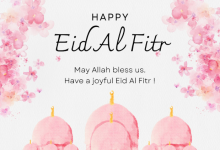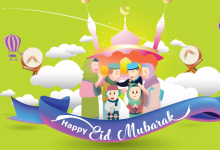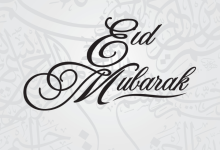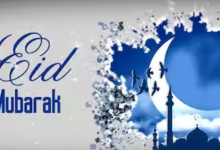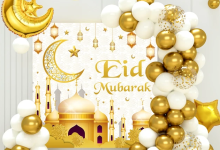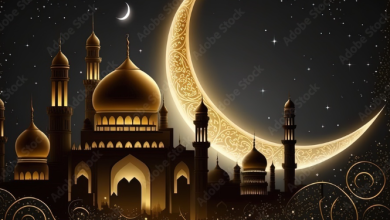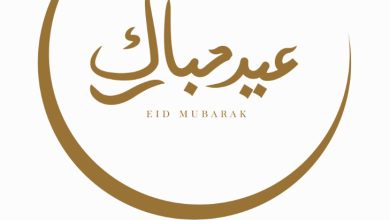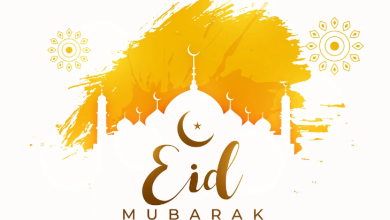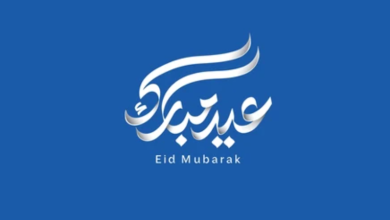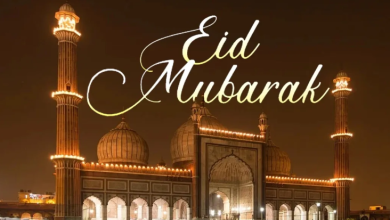Quotes on Eid ul Adha from Quran
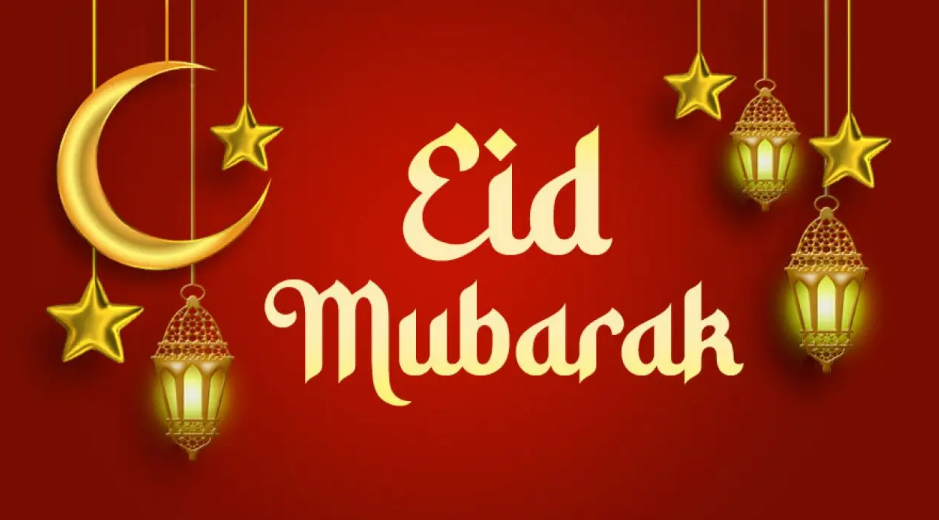
Eid ul Adha, also known as the “Festival of Sacrifice,” is one of the most significant Islamic holidays Muslims observe worldwide. Rooted in the story of Prophet Ibrahim’s (Abraham) willingness to sacrifice his son in obedience to God, this festival symbolizes unwavering faith, deep devotion, and the spirit of giving. In this blog post, we will explore the profound significance of Eid ul Adha through selected quotes from the Quran. These quotes highlight the essence of sacrifice and offer timeless wisdom to enhance our spiritual celebrations.
The Importance of Quranic Quotes in Eid ul Adha
The Quran serves as a spiritual guide for Muslims, providing divine wisdom and guidance on all aspects of life. During Eid ul Adha, Quranic quotes are significant as they remind us of the core values of faith, sacrifice, and community. Let’s explore some vital Quranic quotes that encapsulate these themes.
Key Quranic Quotes for Eid ul Adha
Quote 1
“And complete the Hajj and ‘Umrah for Allah. But if you are prevented, then [offer] what can be obtained with ease of sacrificial animals.” – Surah Al-Baqarah 2:196
This quote emphasizes the importance of performing Hajj, which culminates with celebrating Eid ul Adha. Sacrificing an animal symbolises our willingness to give up worldly attachments in pursuit of spiritual fulfilment.
Quote 2
“Their meat will not reach Allah, nor will their blood, but what reaches Him is piety from you.” – Surah Al-Hajj 22:37
Here, the Quran highlights that the sacrificial act’s true essence lies in its purity and intention. The physical act of sacrifice is secondary to the sincerity and devotion with which it is performed.
Quote 3
“Indeed, my prayer, my rites of sacrifice, my living and my dying are for Allah, Lord of the worlds.” – Surah Al-An’am 6:162
This verse underscores the comprehensive nature of worship in Islam. Every aspect of a believer’s life, including sacrifice, is dedicated to Allah, reflecting total submission and devotion.
Quote 4
“And when they had both submitted and he put him down upon his forehead, We called to him, ‘O Abraham, you have fulfilled the vision.'” – Surah As-Saffat 37:103-104
This quote recounts the moment of ultimate submission when Prophet Ibrahim was ready to sacrifice his son. It is a powerful reminder of the importance of faith and obedience in the face of trials.
Quote 5
“Whoever fears Allah – He will make for him a way out. And will provide for him from where he does not expect.” – Surah At-Talaq 65:2-3
This verse reassures believers that Allah provides sustenance and solutions in unexpected ways for those who maintain their faith and trust in Him, especially during times of sacrifice.
Understanding the Context and Application of Each Quote
Context of Quote 1
Surah Al-Baqarah 2:196 is set within the broader context of the pilgrimage rites. It teaches us that the spirit of sacrifice is integral to Hajj and, by extension, Eid ul Adha. It’s a reminder that our actions should always aim to please Allah, even when circumstances prevent us from fulfilling them perfectly.
Context of Quote 2
Surah Al-Hajj 22:37 focuses on the inner dimensions of sacrifice. It encourages believers to reflect on their intentions and purify their hearts, ensuring their worship is sincere and not merely ceremonial.
Context of Quote 3
Surah Al-An’am 6:162 calls for complete dedication to Allah in all acts of worship. This verse is particularly relevant during Eid ul Adha as it reminds us that our literal and metaphorical sacrifices should be for Allah’s sake alone.
Context of Quote 4
Surah As-Saffat 37:103-104 recounts the story of Prophet Ibrahim’s trial, highlighting his unwavering faith and submission. This narrative is central to the message of Eid ul Adha, encouraging Muslims to emulate Ibrahim’s example in their own lives.
Context of Quote 5
Surah At-Talaq 65:2-3 provides comfort and reassurance to believers, emphasizing that Allah’s provision comes in miraculous ways. During Eid ul Adha, this verse reminds us to remain steadfast in our faith and trust Allah’s plans.
Spiritual and Practical Significance of Quranic Quotes
Spiritual Insights
The Quranic quotes we have explored offer deep spiritual insights. They teach us the value of sincerity, devotion, and unwavering faith in Allah. These verses encourage us to reflect on our intentions, purify our hearts, and strive for a closer connection with our Creator.
Practical Applications
Incorporating Quranic quotes into our Eid ul Adha celebrations can enhance our spiritual experience. By reflecting on these verses, we can gain a deeper understanding of the significance of our actions and align them with the teachings of Islam.
Eid ul Adha is a time for individual reflection and fostering a sense of community and unity. Sharing these Quranic quotes with family and friends can inspire meaningful conversations and strengthen bonds within the Muslim ummah.
How to Incorporate Quranic Quotes into Your Eid ul Adha Celebrations
Personal Reflections
Spend time reading and reflecting on the selected Quranic quotes. Consider how they apply to your life and how you can embody their teachings during Eid ul Adha.
Family Discussions
Engage in discussions with your family about the significance of these quotes. Share insights and personal stories related to sacrifice, faith, and community.
Social Media Sharing
Use social media to share these Quranic quotes with your friends and followers. Please encourage others to reflect on their meanings and incorporate them into their celebrations.
Eid ul Adha is a time of profound spiritual reflection, sacrifice, and community. Incorporating Quranic quotes into our celebrations can deepen our understanding of these themes and enrich our spiritual experience. The timeless wisdom and guidance in the Quran offer invaluable insights into all aspects of life, including the observance of Eid ul Adha.
